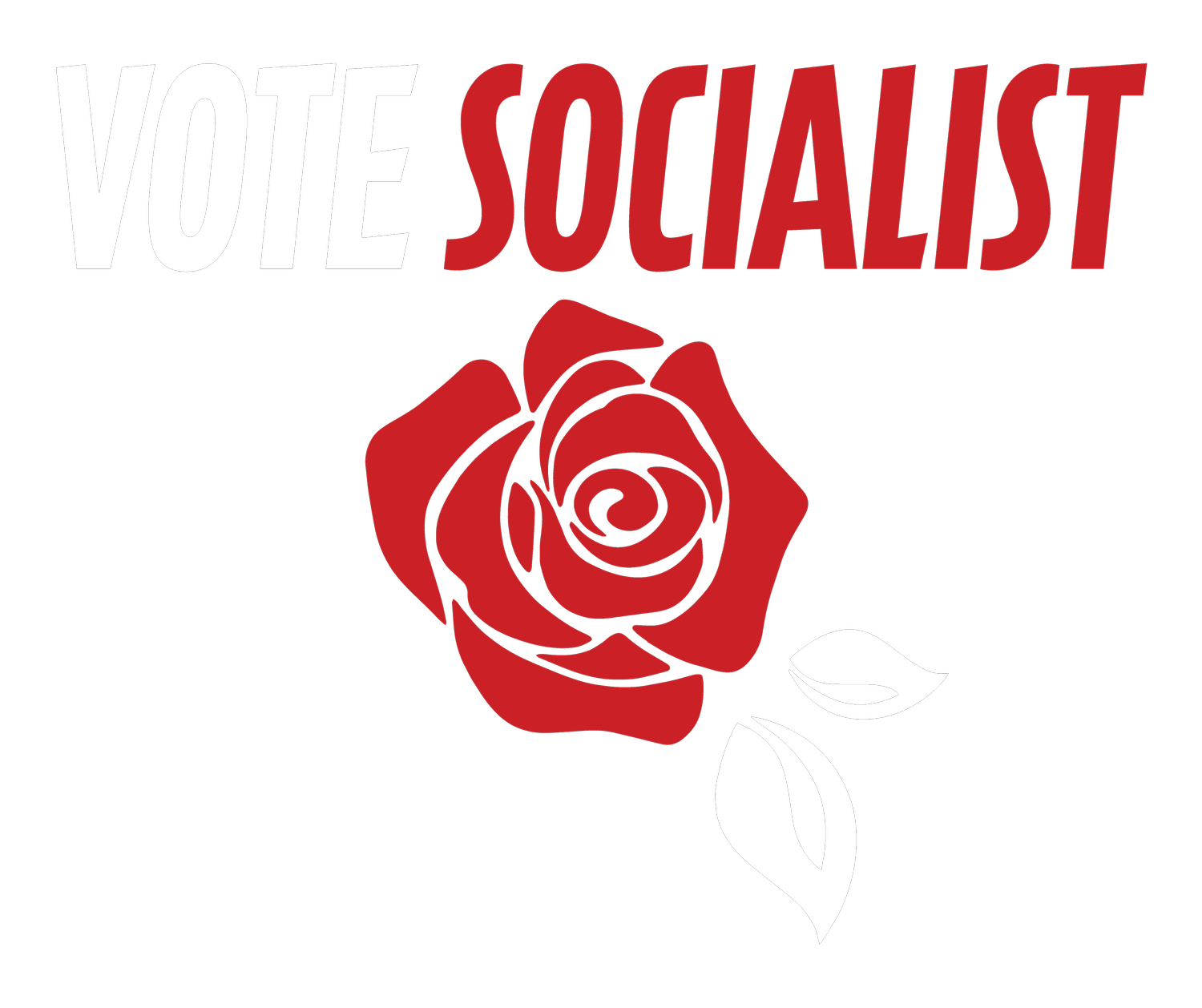Taxing the Rich and Public Ownership
Building equity - tax by tax
Policy Goal
Taxing the rich does not change the underlying ownership structures inherent to colonial and capitalist interests; however, it will provide maximum value to Vancouver residents for socially necessary infrastructure and services in a fiscally just manner while ensuring that wealthy residents pay their fair share of taxes. Public ownership of land, housing, and any local utilities, in accordance with Land Back and reconciliation principles, remains a goal. With aggressive and strategic action at the municipal level, taxing the rich can be a key tool for increasing the percentage of decommodified housing in Vancouver, thereby vastly increasing the number of residents enjoying housing security and a better quality of life.
Pathways to Change
Enhance budgeting methods so that funds are used wisely on demonstrated priorities; provide accessible opportunities for participatory budgeting; provide residents with improved information on how their tax dollars are spent; and secure funds from other levels of government as a matter of urgent priority;
Reallocate fifty (50) percent of funds from the Vancouver Police Department’s bloated budget to trauma-informed, community and peer-led public safety initiatives and services for people with addiction, untreated mental illness and housing insecurity;
Implement a Mansion Tax - new property tax tiers for higher-value homes;
Implement a Flipping Tax - new taxes on speculative property sales with progressive tiers depending on whether the resale is done within 1 year, 3 years, or 5 years.
Investigate excess profits tax on oil companies selling motor fuel in the city;
Institute a tax on short-term currency trading, including cryptocurrencies (a Tobin tax);
Implement new progressive taxes, such as taxes on luxury goods like yachts and luxury vehicles with owners residing in Vancouver;
Increase property taxes to 0.65% to match other large Canadian cities such as Toronto and Montreal and in order to fund essential goods, public services and amenities for all; wealth is created socially, and property taxes are a key municipal tool to finance a more socially just distribution of this wealth.
Increase the mill rate on condo units commensurate with gains in property values over recent decades;
Institute an automation or robot tax when companies operating in the city replace workers with automated machinery, robots, or AI, or use technology to outsource workers such as with remote cashiers or call centre agents;
Extend speculation tax and vacancy tax to commercial properties.
Review the use of reserves and their relation to taxes and consider possible revisions.
Resources
Note: The resources on each of our policy pages are a starting point for learning about various issues and organizations doing work in these areas. This is not a comprehensive list and VOTE Socialist is not affiliated with the organizations listed here. We hope that these resources will help you reflect on and consider community engagement with the pathways to change suggested. We organize and lead with courage not fear, with transformative vision not limits. Vote on October 15!
Learn how a wealth tax can become a public investment in community:
Wealth tax would raise far more money than previously thought
